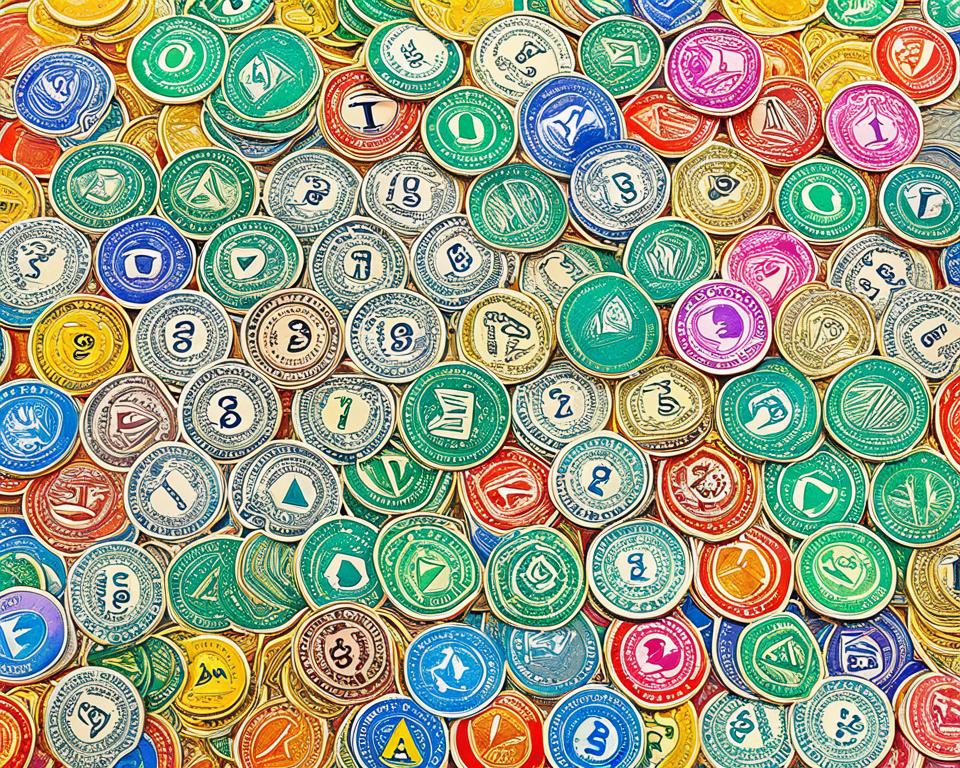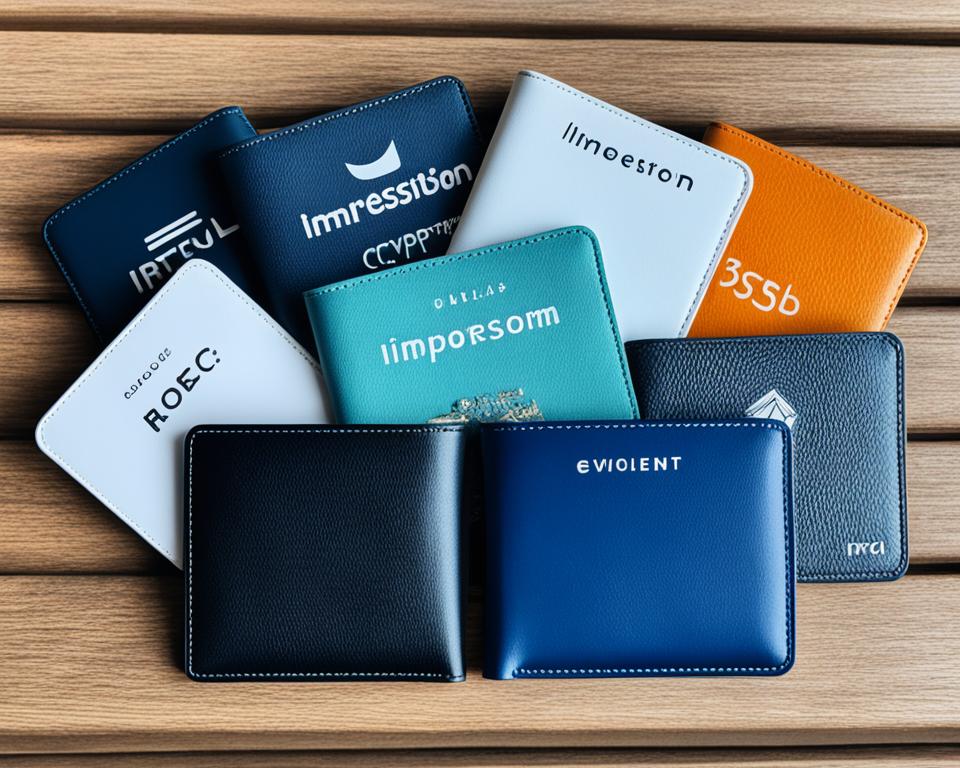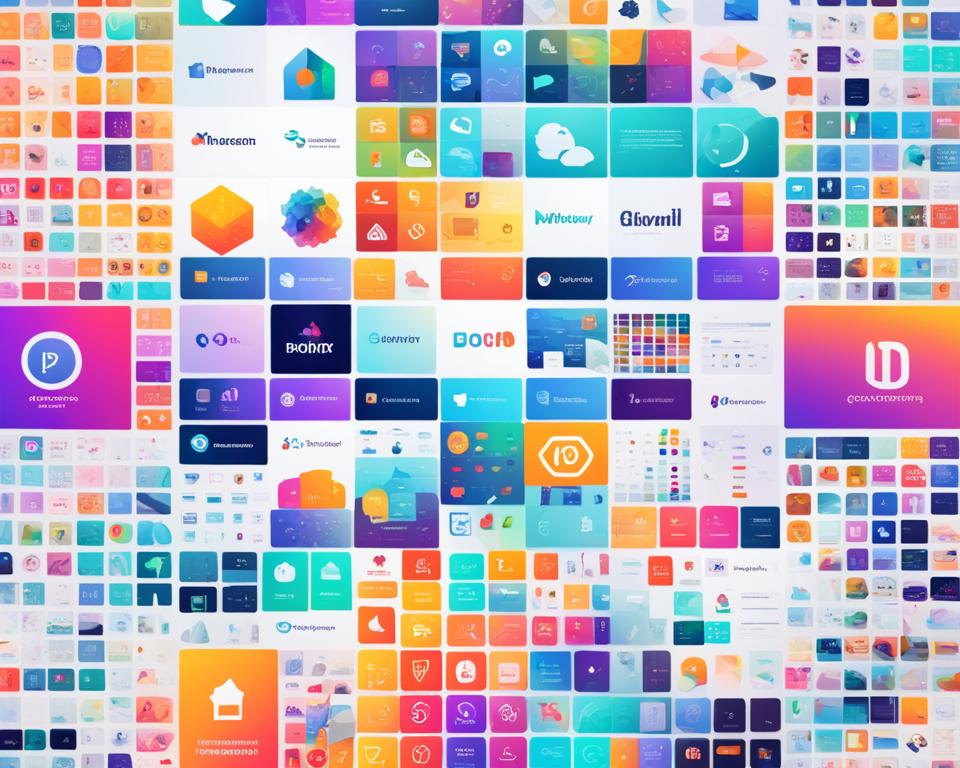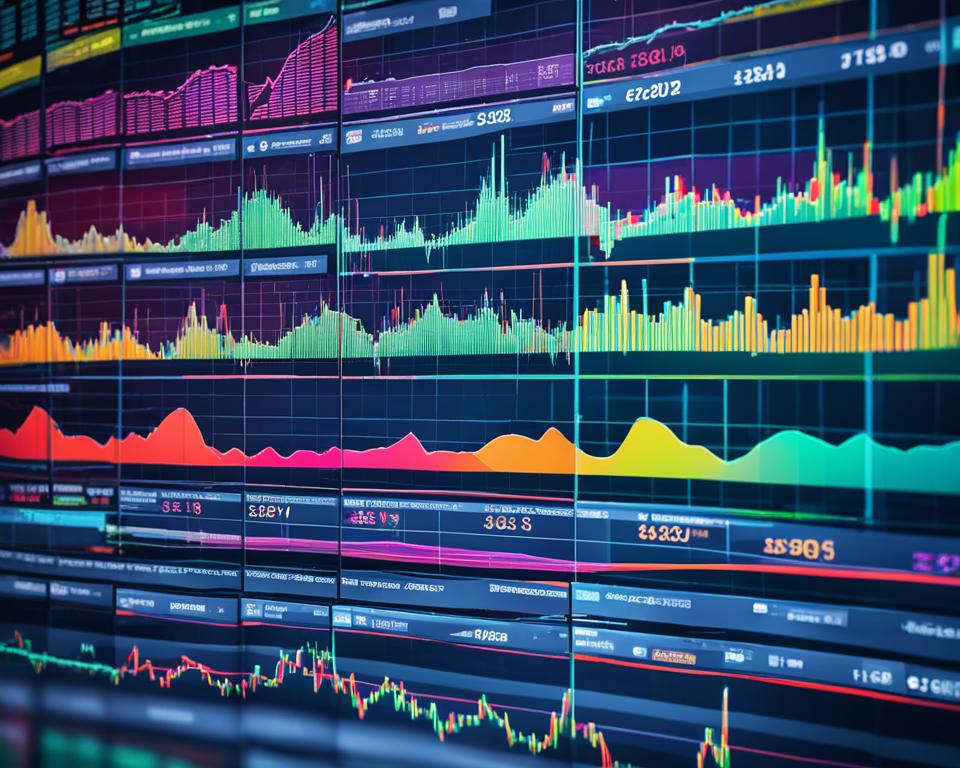What Is Decentralized Finance (DeFi) and How Does It Work?
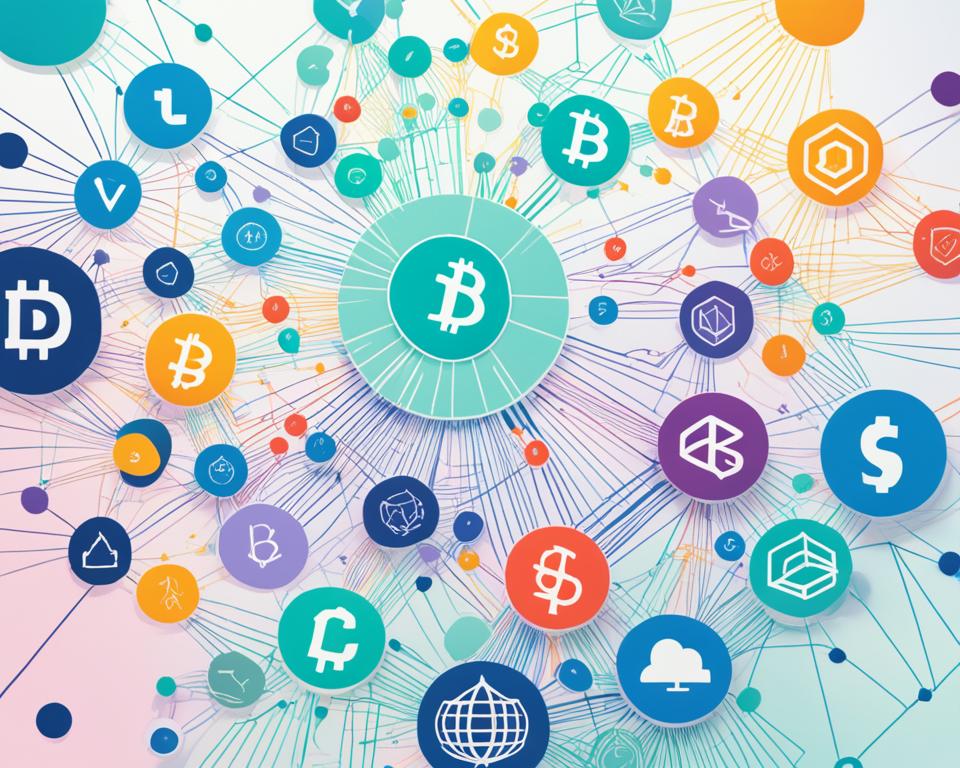
Decentralized finance (DeFi) is a rapidly growing ecosystem of financial applications built on blockchain technology, enabling you to access a wide range of financial services without the need for traditional intermediaries like banks or brokers. DeFi aims to create an open, transparent, and permissionless financial system that is accessible to anyone with an internet connection.
At the heart of DeFi is the utilization of blockchain networks, such as Ethereum, to develop a decentralized financial infrastructure. This allows for the creation of innovative financial applications and services, including crypto lending, crypto borrowing, decentralized exchanges, yield farming, liquidity mining, automated market makers, stablecoins, and decentralized autonomous organizations (DAOs). These DeFi applications and protocols aim to provide you with greater financial access, transparency, and control over your assets.
Key Takeaways
- Decentralized finance (DeFi) is a rapidly growing ecosystem of financial applications built on blockchain technology.
- DeFi aims to create an open, transparent, and permissionless financial system accessible to anyone with an internet connection.
- DeFi applications include crypto lending, crypto borrowing, decentralized exchanges, yield farming, liquidity mining, automated market makers, stablecoins, and decentralized autonomous organizations (DAOs).
- DeFi offers increased financial access, transparency, and control over your assets compared to traditional finance.
- The DeFi ecosystem continues to evolve, with innovative applications and protocols emerging to challenge the traditional financial system.
Understanding Decentralized Finance
Decentralized finance, or DeFi, is a new financial paradigm that utilizes blockchain technology to create a decentralized, open, and transparent financial services ecosystem. In a DeFi system, financial applications are built on top of public blockchain networks, such as Ethereum, allowing users to engage in a variety of peer-to-peer financial activities without the involvement of traditional intermediaries like banks or brokers.
Definition of Decentralized Finance
DeFi refers to the decentralized, open-source, and permissionless financial applications and services that operate on public blockchain networks. This innovative approach aims to provide users with direct access to a range of financial products and tools, eliminating the need for centralized intermediaries.
Key Principles and Characteristics
The key principles and characteristics of DeFi include:
- Decentralization: DeFi applications are built on decentralized blockchain networks, eliminating the need for centralized intermediaries.
- Transparency: Transactions and data on the blockchain are publicly visible and verifiable.
- Accessibility: DeFi platforms are open to anyone with an internet connection, promoting financial inclusion.
- Permissionless: Users can interact with DeFi applications without requiring approval or authorization from any central authority.
- Programmability: DeFi applications are built using smart contracts, allowing for the automation and customization of financial services.
Advantages Over Traditional Finance
The key advantages of DeFi over traditional finance include:
- Lower fees: DeFi applications can often provide financial services at lower costs compared to traditional financial institutions.
- Faster transaction times: Transactions on the blockchain can be processed much faster than traditional banking or payment systems.
- Greater financial inclusion: DeFi platforms are accessible to anyone with an internet connection, including individuals who may have been previously underserved or excluded from the traditional financial system.
- Increased transparency and trustworthiness: The decentralized and transparent nature of DeFi provides users with a higher level of trust in the system.
- Programmability and innovation: The programmable nature of DeFi allows for the development of highly customized and innovative financial applications.
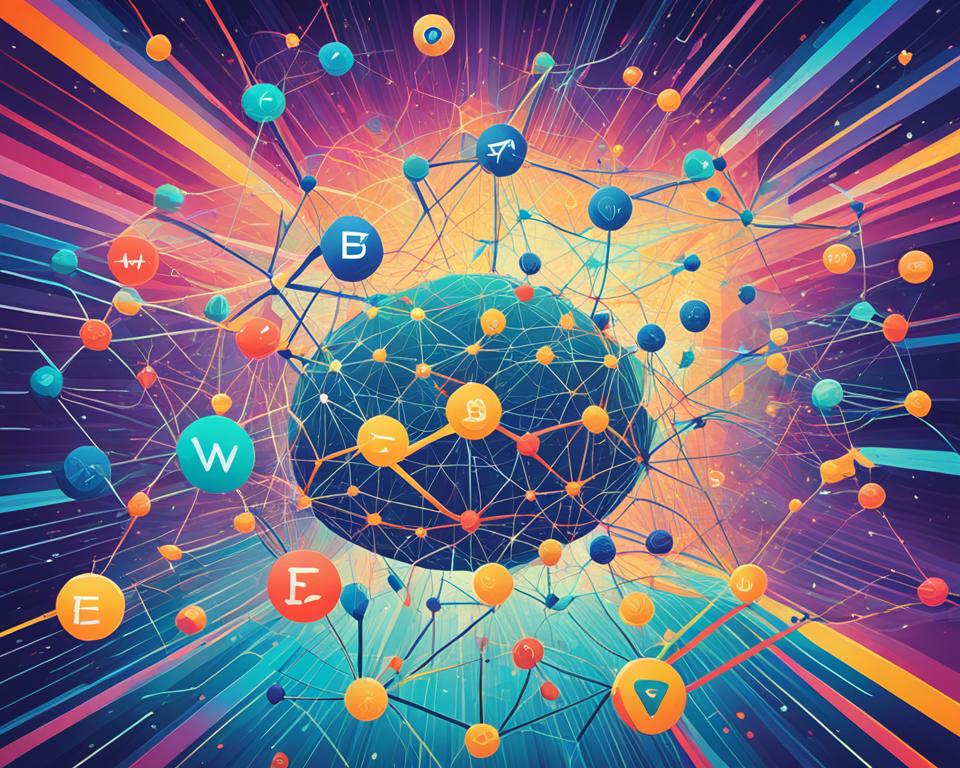
Decentralized Finance Applications
One of the key DeFi applications is crypto lending and borrowing. DeFi platforms allow users to lend their cryptocurrency holdings to others in exchange for interest, or to borrow cryptocurrencies using their digital assets as collateral. This process is facilitated through the use of smart contracts, which automate the lending and borrowing process without the need for a centralized intermediary.
Decentralized Exchanges (DEXs)
Decentralized exchanges (DEXs) are another important DeFi application. DEXs are peer-to-peer platforms that enable the trading of cryptocurrencies and other digital assets without the need for a centralized exchange. These platforms use automated market makers (AMMs) to facilitate trading and provide liquidity, allowing users to swap tokens directly with the DEX’s liquidity pool.
Yield Farming and Liquidity Mining
Yield farming and liquidity mining are DeFi strategies that allow users to earn rewards for providing liquidity to DeFi protocols. By depositing their cryptocurrency holdings into liquidity pools, users can earn a share of the trading fees or additional platform-specific tokens as a reward for their contribution to the platform’s liquidity.
Automated Market Makers (AMMs)
Automated market makers (AMMs) are a key component of many DeFi applications, particularly decentralized exchanges. AMMs use mathematical formulas to determine the price of assets based on the supply and demand within a liquidity pool. This allows for the automated and permissionless trading of assets, without the need for a traditional order book-based exchange.
Decentralized Finance Ecosystem
Stablecoins, which are cryptocurrencies designed to maintain a stable value, play an important role in the DeFi ecosystem. Stablecoins, such as USDC or DAI, provide a means of facilitating transactions and lending/borrowing activities within the DeFi space, as they offer price stability compared to more volatile cryptocurrencies.
Decentralized Autonomous Organizations (DAOs)
Decentralized Autonomous Organizations (DAOs) are another integral part of the DeFi ecosystem. DAOs are blockchain-based organizations that are governed by code and community-based decision-making, rather than traditional hierarchical management structures. DAOs can be used to manage DeFi protocols, coordinate liquidity provision, and make collective decisions about the direction of the DeFi ecosystem.
Regulatory Landscape and Challenges
The rapid growth and innovation within the DeFi space have also led to regulatory challenges and uncertainties. Policymakers and regulators are still grappling with how to effectively oversee and monitor the DeFi ecosystem, which operates in a decentralized and global manner. Key regulatory concerns include consumer protection, anti-money laundering (AML) compliance, and the potential risks associated with the DeFi ecosystem.

Conclusion
The emergence of decentralized finance (DeFi) has revolutionized the way we think about financial services. By harnessing the power of blockchain technology, DeFi offers you a range of innovative applications and services that are more accessible, transparent, and efficient than traditional finance. From crypto lending and borrowing to decentralized exchanges and yield farming, the DeFi ecosystem continues to evolve, providing you with new opportunities to engage with the financial system on your own terms.
As the adoption of DeFi grows, the benefits it offers become increasingly clear. The decentralized and permissionless nature of DeFi applications allows for greater financial inclusion, lower fees, and faster transaction times, empowering you to take control of your financial future. Moreover, the programmability and transparency inherent in DeFi create a foundation for further innovation and the development of custom financial solutions tailored to your specific needs.
While the future of DeFi may face regulatory challenges, the underlying principles and potential of this transformative technology remain strong. As the DeFi ecosystem continues to mature, you can expect to see even more exciting advancements that redefine the way we interact with and access financial services. By embracing DeFi, you can be a part of this financial revolution and unlock a world of new possibilities for your personal and financial well-being.
